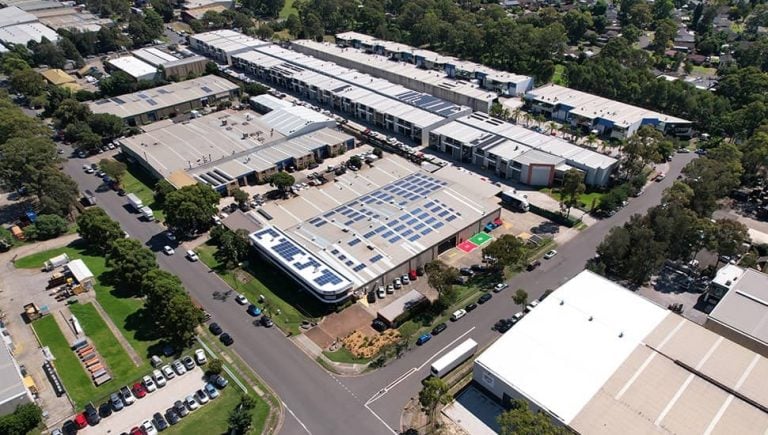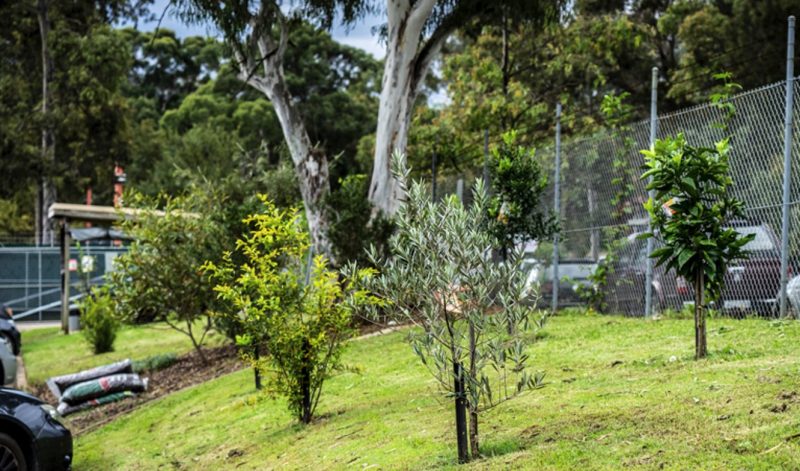In the modern music industry, it’s not enough to simply run a profitable business; when you’re business is also based in Australia, a country ravaged by bush fires and contending with flooding, being aware of your impact on the climate is even more vital.
Established back in the ’80s, TAG (Technical Audio Group) has grown to become one of Australia’s leading suppliers of live music and concert equipment.
Almost four decades into its existence, the company is firmly going with the times. Its huge logistics centre in Kings Park, Sydney, purchased last year, comes with a fully sustainable vision.
TAG’s long-term vision is to have the logistics centre 100% solar powered, to be removed fully from the grid, and it’s well on the way to reaching that goal. All staff members and guests’ electric vehicles at the site come with EV charge stations, while all machinery – including five forklifts and two WAV pickers – is electrically powered.
TAG is also committed to using sea freight rather than air freight, a must when you care about the future of the environment.
Sea freight is much more environmentally friendly than air freight: for comparison, a typical shipment of 1 tonne over 5,000km emits just 75kg of CO2 emissions when transported by sea, and a huge 3,300kg when transported by air.
In 2019, TAG’s operations was split 90% sea freight and 10% air freight, and this has increased to 98.75% in sea freight’s favour over the last 12 months. It’s meant a lot of tough decisions have had to be made, but the effects on the company’s environmental footprint are worth it.
Love Music?
Get your daily dose of metal, rock, indie, pop, and everything else in between.
At TAG’s Kings Park site, a small parcel of land has seen the rise of a Miyawaki Forest. Pioneered by Japanese botanist Akira Miyawaki, the technique creates a dense, native forest in a small space, which sustains itself and supports local biodiversity. A Miyawaki Forest sees trees grow up quickly, rather than out slowly.
Last year, TAG planted a total of 315 trees in the space, including 300 native plants. All the plants in the Miyawaki trees are also indigenous to Western Sydney, and were sourced from IndigiGrow, an Aboriginal-owned and staffed nursery.
It’s not just on the environmental front that TAG is doing its bit for the future. Nakama Arts, one of the company’s ‘TAG Cares’ initiatives, supports the Australian independent music and arts scene.
The initiative is in good hands: it’s run by Chris Hamer-Smith, who’s worked as a producer and recording artist for over 15 years, a period that’s included working on two ARIA-nominated albums.
‘Nakama’ is a Japanese word that refers to a friend or teammate who collaborates, shares ideas, and generally helps, and that’s what the initiative prides itself on. Nakama Arts assists fledgling creatives who might not otherwise get such an opportunity.
Heading into 2023, TAG is well-placed to continue being a positive provider of equipment to Australia’s music industry. You can learn more about Nakama Arts here. Further information about TAG is available via the official website.


































